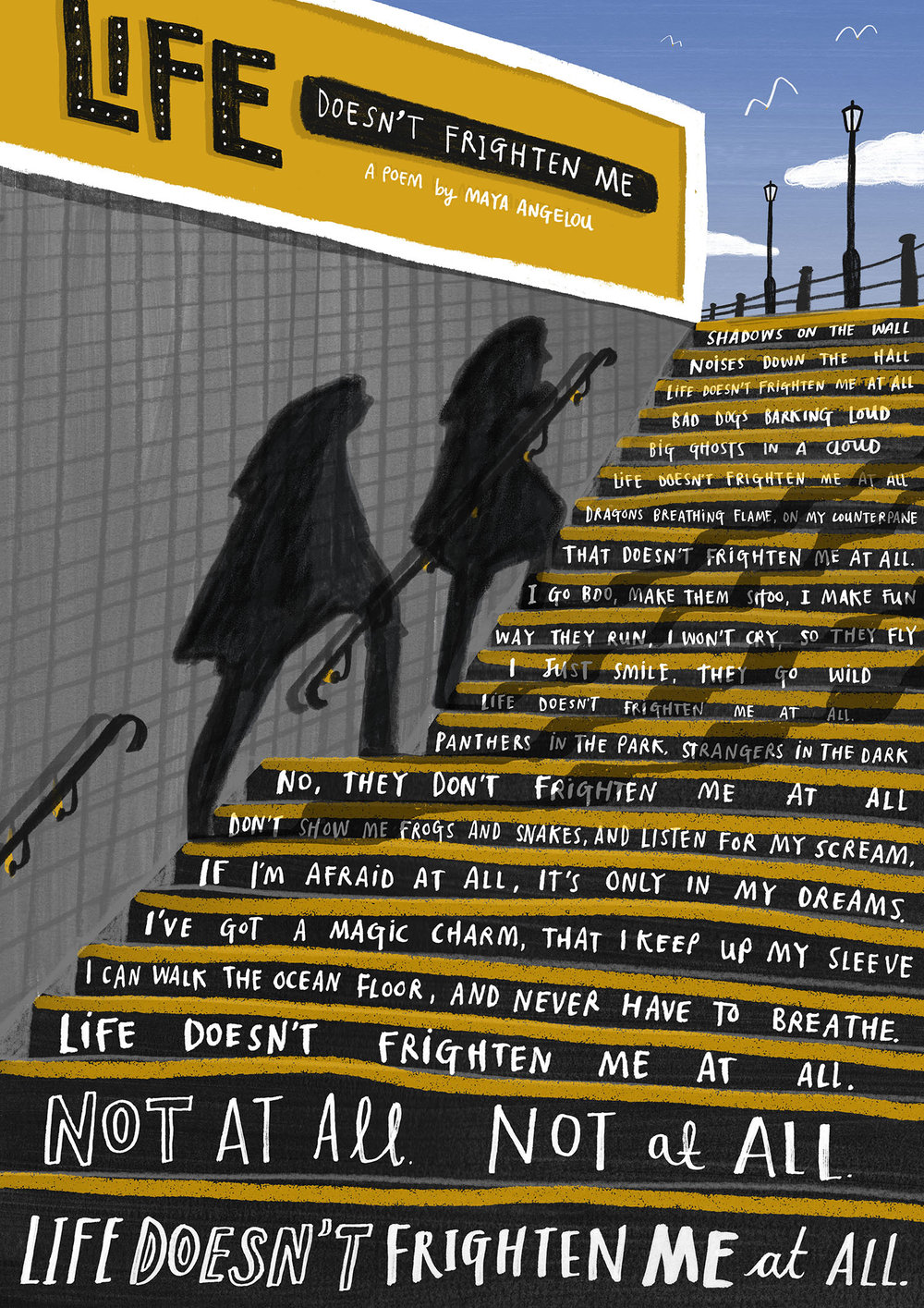by Barbara Zapson
I am a night person and a late sleeper, which is something I’d looked forward to all my working years. My husband, on the other hand, is usually asleep by 9:30 and wakens about 8 AM. We have phones in every room of our one-bedroom apartment (including the bathroom), and the ringing often awakens me out of a sound sleep.
___After a few years of being loudly woken up before I was ready that was turning me into a grouch, my husband decided to mute the bedroom and bathroom phones to keep me happy. He could answer the ringing phones in the kitchen, dining room or living room. Then, for some reason, during the pandemic, he decided we needed all the phones ringing “in case of an emergency”!
___“What kind of an emergency can we have?”, I asked. “Our parents are no longer living, our children are all grown, for goodness’ sake even our GRAND children are grown, so leave the phones muted”, I said.
___“You never can tell, Julio answered.” “Maybe a fire or one of our neighbors has a problem, or one of our grandkids is in trouble and afraid to tell their parents.”
___“A fire or a neighbor’s problem would cause a knock on the door or the doorbell to ring, and our grandkids are more afraid of me than they are of their parents! Do you remember what one of them said about me ‘yelling at him with my eyes’?”
___The argument was dropped for a few weeks. I had several weeks of peaceful mornings and he had a happy wife. Then it started again with “It could be any kind of problem or emergency!” I finally gave up and told Julio, “OK, OK, you win! Unmute the phones!”
___The phone did not ring early in the morning for four days. On the 5th day, it rang in the middle of the night. Needless to say, we both nearly jumped out of our skin. The call went something like this: “This is the Social Security Department calling to tell you that we found someone fooling around with your Social Security Card. Please press 9 to speak with a representative.” Of course, we hung up. The next day at 5 A.M. the phone rang again, and that call was from an insurance company, threatening to end our insurance and repossess our car! We do not own a car.
___But it was the call from China, in Chinese, at 3 A.M., mentioning Bank of America in English, that finally convinced Julio there was no reason to keep the phones ringing overnight or early in the morning.
How does this story end?
He kept trying to get a date with her–– not once, not twice, but for a few years. They would get together as friends but had never even held hands. Of course, when they danced, they would hold each other, as this was in the days of close dancing and they had become dance partners, having coincidently always frequented the same places. Or was it subconsciously on purpose, for one, or both?
___“I can’t go out on a date with you, you are like a brother to me and you’re one of my best friends! You know ALL about me, my strengths, my weaknesses, my life, she always answered when he asked her to go out on a real date with him. “How could I ever DATE you?? Where is the MYSTERY? The challenge?”
___Why does there have to be mystery or challenge” he wondered? Isn’t being close friends a good reason to start a romantic relationship?” To him, it was the best reason.
___This situation went on for about five years. He was her confidante during a few small (or not so small) challenges in her life, like when she lost her job, when she found out a guy she was dating was married, or when one of her children didn’t call her for a week or two. She went to him to vent, for advice, or for a little sympathy, all of which he was very good at supplying.
___One night, they ran into each other at a club. When the club was closing, they were in the middle of a conversation.
___“Why don’t we finish this conversation over breakfast?” he said. She accepted his invitation. Of course, in her mind, this was not a date. After breakfast he insisted on taking her home by cab, saying “You can’t go home alone at four in the morning!” Once again, she accepted his invitation, and he hailed a cab.
How Do We Stop World Destruction?
Wildfires
Earthquakes
Hurricanes
And wars.
Hunger
Violence
New viruses
No cures.
Insurrection and looting
Old diseases arise
Is God telling us we’re bad in his eyes?
Water rises
Fires roar
The Earth explodes
And there is more.
Famine, plagues, tsunamis, disease
Is there no staunching the rising seas?
How do we stop global destruction?
Can’t anyone shed light on
what has become a worldwide plight?
Can humans survive with all the deception,
-OR –
Is it too late for human correction?
